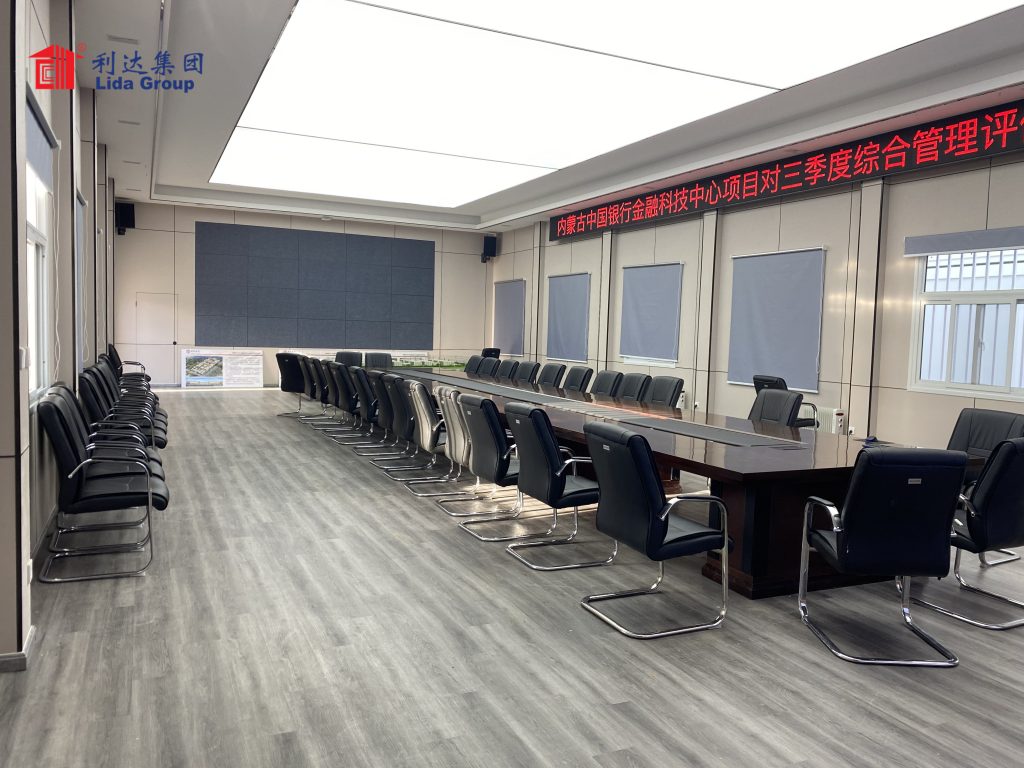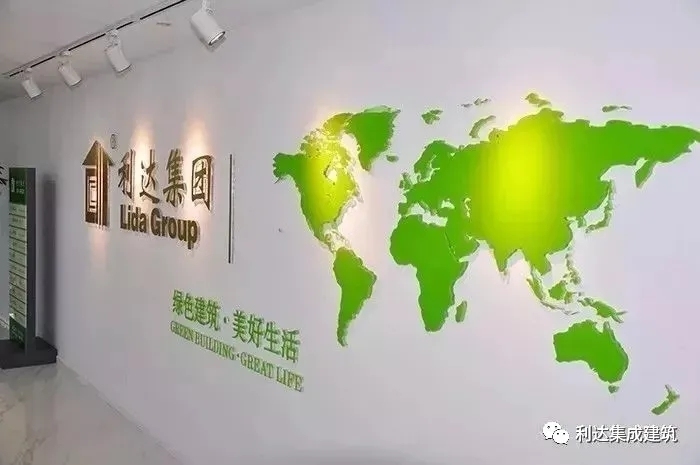Meeting diverse temporary accommodation needs across global industries requires fast, scalable solutions. A trade journal highlights partnerships facilitating localized production of modular components from Chinese manufacturer Lida Group for interim housing units constructed from durable insulated panels. Streamlined assembly addresses workforce housing challenges worldwide.
Early prototypes deployed standardized dormitory blocks to regions like Australia’s remote mining zones. While effective, shipping bulky buildings introduced cost and emissions inefficiencies. Alternative strategies leverage core panelized technologies through localized fabrication partnerships.
An agreement with Chilean prefab specialist Prodem established in-country assembly facilities. There, wall and roof panel production supplemented imported cassette components. Local sourcing of fasteners, trims and utilities lowered overall material transportation impacts 30% versus shipping complete dormitories. Assembly teams erected prototype housing for 2,000 port construction workers in just 10 days versus wood buildings requiring 6-8 weeks.

Evaluating success, engineers refined mass-customization. Standardized floor plans now integrate quick-connect piping manifolds and junction boxes. Modular layouts universally distribute electrical, plumbing and HVAC within wall cassettes factory-cut per project specifications. Strategic standardization streamlines on-site integration while preserving design flexibility for varied client needs.
A Peruvian joint venture factory took partnership models further. There, state-of-the-art equipment fully automates panel fabrication from Lida composite formations to finished exterior weather facings within tight production tolerances. Robotic cutouts simplify field fitting. Quality control utilizes laser scanners validating precision-cut parts. Factory output houses remote mining crews through modular dormitories assembled within days versus prolonged logistics delays under previous methods. Life-cycle impacts modeling proves lower embodied carbon footprints versus shipping premade enclosures long distances.
Partners explore co-location synergies near industrial centers. An Indonesian plywood plant partnership integrates panel production lines within existing facilities to serve growth sectors like palm oil plantations. Proximity benefits localized workers and reduces supply chain complexity versus shipping enclosure components great distances before final on-site erection. Malaysia followed pairing modular production with aluminum extruders to streamline glazing integration for coastal industries like shipping ports.

Feedback shapes localization models to thrive globally. North America pilots established panel factories partnering with Indigenous-owned operations utilizing clean geothermal energy for emissions-free manufacturing. There, modular seniors housing answered tribal community needs through simplified construction skilled locals performed. Distributed models create local living-wage jobs from simple yet versatile building systems.
Partnership expansion evaluates demand pockets worldwide. Discussions emerged establishing African facilities leveraging available mineral and timber resources to supply regional construction demand sustainably versus shipping prebuilt structures overseas. Standardized models prove compatibility with continental building heritage through natural ventilation, shading and passive design sensitive to cultural identity.
In summary, localization strategies prove highly scalable interim housing solutions through modular construction networks. Partnerships streamline component fabrication and just-in-time delivery honed per region. Factories establish near client clusters for fast localized assembly reducing transportation impacts versus shipping premade buildings. Distributed models create skilled jobs while meeting diverse accommodation demands through versatile, climate-responsive designs worldwide. Ongoing cooperation advances global capacity for dignified, affordable workforce housing.

In conclusion, the journal highlights Lida Group’s progressive localization partnerships as a sustainable manufacturing model advancing interim and long-term housing globally. Modular production streamlines distribution efficiencies through standardized yet adaptable construction worldwide. Cooperative business ventures establish living-wage jobs producing dignified shelter near end-user markets. The scalable approach empowers localized construction industries through simple yet versatile technologies meeting diverse accommodation needs affordably with reduced carbon footprint.

Related news
-
Researchers study prototypes for modular prefab employee housing constructed using Lida Group's lightweight composite wall panel system for temporary work sites.
2024-08-30 14:56:00
-
Engineers analyze innovations enabling Lida Group's prefabricated buildings assembled from insulated composite wall and roof cassettes to meet diverse short-term worker accommodation needs cost-effectively.
2024-08-30 15:07:03
-
Case study evaluates the implementation of an integrated steel-framed agricultural facility incorporating housing, storage, livestock shelter and processing areas based on Lida Group's pre-engineered designs.
2024-08-29 16:52:28
contact us
- Tel: +86-532-88966982
- Whatsapp: +86-13793209022
- E-mail: sales@lidajituan.com


